A clean dishwasher is essential for maintaining hygiene and ensuring that your dishes come out spotless after every cycle. Over time, food particles, grease, and soap scum can build up inside the dishwasher, leading to unpleasant odors and reduced efficiency. Vinegar, a natural and effective cleaning agent, is a go-to solution for maintaining the cleanliness of your dishwasher. This guide provides a step-by-step process to clean your dishwasher using vinegar, ensuring it runs efficiently and remains odor-free.
Table of Contents
How to Clean Your Dishwasher with Vinegar: A Comprehensive Guide
Cleaning your dishwasher with vinegar is a simple and effective way to remove odors, grease, and mineral buildup. Start by emptying the dishwasher completely, removing any dishes, utensils, or racks. Next, take a cup of white vinegar and place it in a dishwasher-safe container on the top rack. This will allow the vinegar to disperse throughout the appliance as it runs.
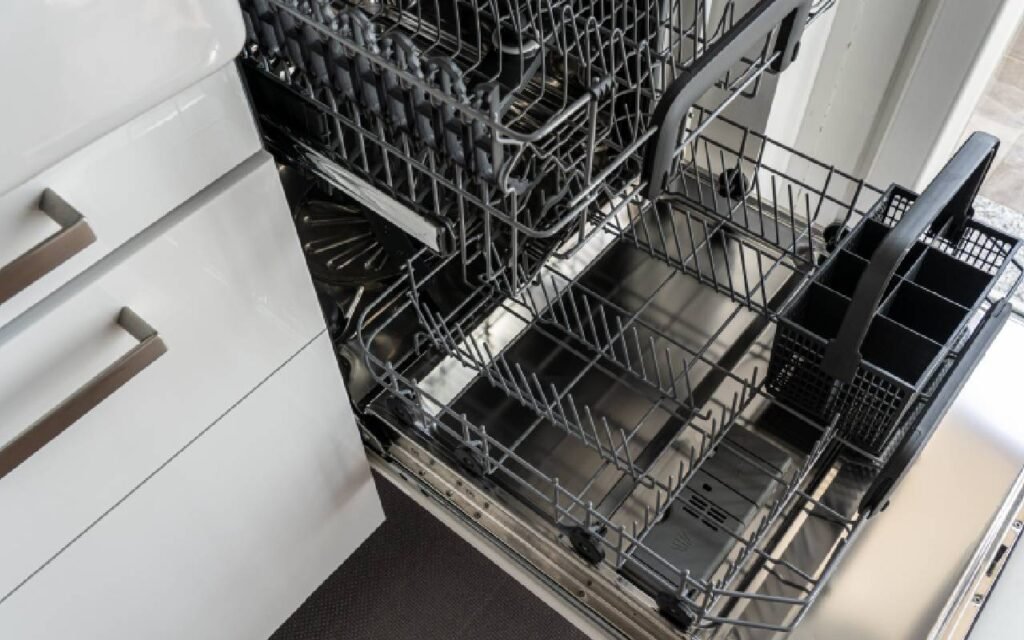
Run a hot water cycle without any detergent. The heat will help activate the vinegar’s cleaning properties, breaking down grime and eliminating unpleasant smells. For an extra boost, you can sprinkle baking soda on the bottom of the dishwasher after the vinegar cycle is complete and run another short hot cycle. This combination not only cleans but also freshens up your dishwasher for future use!
Why Vinegar Is the Best Choice for Cleaning Your Dishwasher
Vinegar, specifically white vinegar, is a powerful yet gentle cleaning agent that can tackle various types of grime and residue commonly found in dishwashers. Its acidity helps to dissolve mineral deposits, eliminate odors, and break down grease. Unlike chemical cleaners, vinegar is safe for both the environment and your dishwasher’s components, making it an ideal choice for regular maintenance.
Step-by-Step Guide to Cleaning Your Dishwasher with Vinegar
1. Preparation: Gather Your Cleaning Supplies

Before you begin, make sure you have the following items on hand:
- White vinegar
- A dishwasher-safe cup or bowl
- A soft cloth or sponge
- A toothbrush or soft-bristled brush (optional)
- Baking soda (optional for added freshness)
2. Empty the Dishwasher
Ensure that your dishwasher is completely empty. Remove any dishes, utensils, and racks to give you full access to the interior. This allows you to clean all surfaces thoroughly.
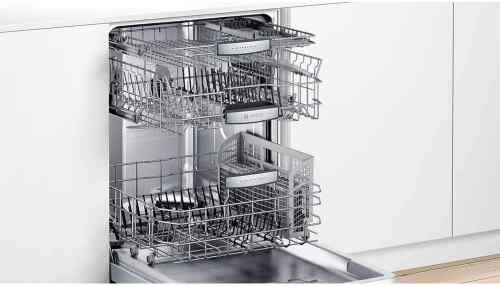
3. Clean the Filter
The filter at the bottom of the dishwasher can collect food particles and debris over time, leading to blockages and unpleasant odors. Remove the filter by following the manufacturer’s instructions, and rinse it under warm water. Use a soft brush to gently scrub away any stubborn debris. Reinstall the filter once it is clean.
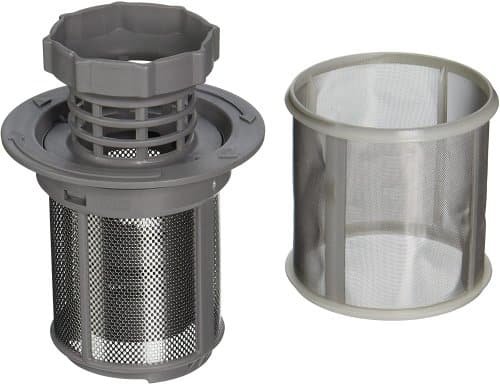
4. Wipe Down the Interior
Using a soft cloth or sponge, wipe down the walls, door, and rubber gasket of the dishwasher. Pay special attention to areas where food particles and soap scum tend to accumulate. For tough spots, you can use a mixture of vinegar and water.
5. Clean the Spray Arms
The spray arms are responsible for distributing water throughout the dishwasher. Over time, they can become clogged with mineral deposits or food particles, reducing their effectiveness. Remove the spray arms if possible and rinse them under warm water. Use a toothpick or small brush to clear any blocked holes. Reinstall the spray arms securely.

6. Run a Vinegar Cycle
- Fill a dishwasher-safe cup or bowl with white vinegar (about one cup).
- Place the cup or bowl on the top rack of the dishwasher.
- Run the dishwasher on the hottest water setting. The vinegar will break down grease, grime, and mineral deposits, leaving your dishwasher clean and fresh.
7. Optional: Baking Soda Rinse for Extra Freshness
If your dishwasher has persistent odors, you can follow up the vinegar cycle with a baking soda rinse:
- Sprinkle one cup of baking soda across the bottom of the dishwasher.
- Run a short, hot water cycle. The baking soda will help neutralize any remaining odors and leave your dishwasher smelling fresh.
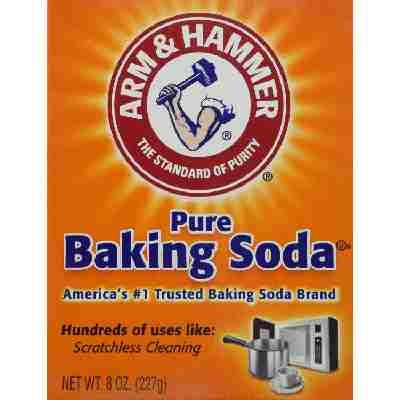
Maintaining Your Dishwasher: Tips for Ongoing Care
To keep your dishwasher in optimal condition, consider these maintenance tips:
- Monthly Cleaning: Clean your dishwasher with vinegar once a month to prevent buildup.
- Rinse Dishes Before Loading: While dishwashers are designed to handle food residue, rinsing dishes before loading can reduce the amount of debris that accumulates inside.
- Check the Filter Regularly: Inspect and clean the filter weekly to ensure it remains free of debris.
- Use a Dishwasher Cleaner: Occasionally use a commercial dishwasher cleaner to complement the vinegar cleaning routine.
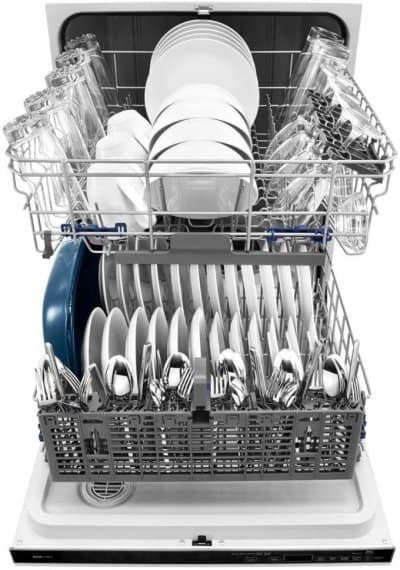
Mermaid Diagram: Vinegar Cleaning Process
graph TD;
A[Start] --> B[Empty Dishwasher];
B --> C[Clean Filter];
C --> D[Wipe Down Interior];
D --> E[Clean Spray Arms];
E --> F[Run Vinegar Cycle];
F --> G[Optional: Baking Soda Rinse];
G --> H[End];
Conclusion
Regular cleaning of your dishwasher with vinegar is a simple yet effective way to maintain its performance and longevity. By following the steps outlined in this guide, you can ensure that your dishwasher remains in top condition, delivering spotless, odor-free dishes every time. Incorporate these practices into your routine to enjoy the benefits of a clean and efficient dishwasher.
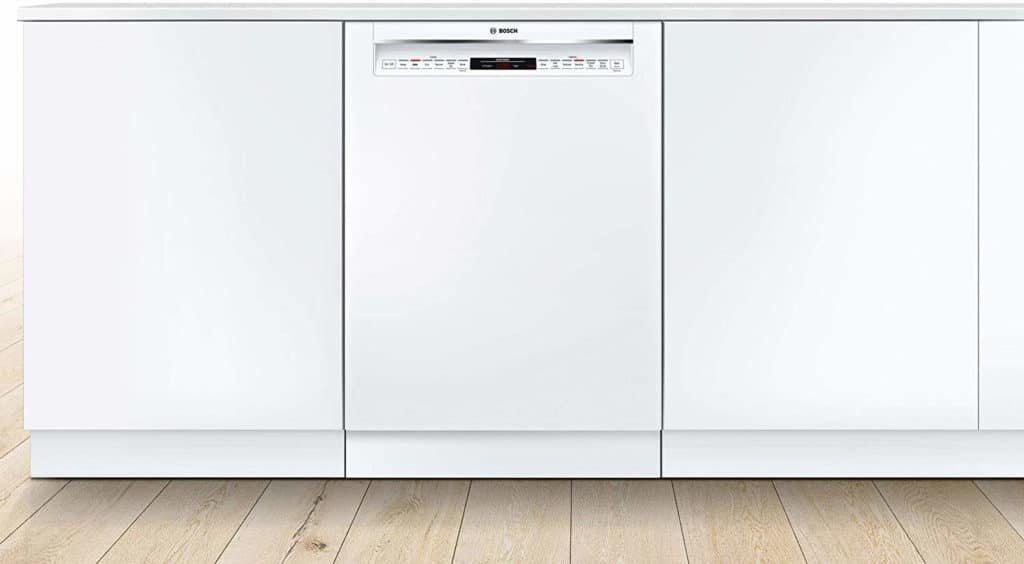
FAQs on Cleaning a Dishwasher with Vinegar
1. Why should I use vinegar to clean my dishwasher?
Vinegar is a natural and effective cleaning agent that helps dissolve mineral deposits, break down grease, and eliminate odors in your dishwasher. It’s safe, environmentally friendly, and gentle on your dishwasher’s components.
2. How often should I clean my dishwasher with vinegar?
It’s recommended to clean your dishwasher with vinegar once a month. Regular cleaning prevents buildup of grease, food particles, and mineral deposits, ensuring your dishwasher runs efficiently.
3. Can I use any type of vinegar to clean my dishwasher?
White vinegar is the best choice for cleaning your dishwasher. It’s more acidic than other types of vinegar, which makes it more effective at breaking down residue and cleaning the interior of the appliance.
4. Will vinegar damage the rubber seals or parts of my dishwasher?
No, vinegar is safe for all parts of your dishwasher, including rubber seals and gaskets. Its gentle acidity cleans effectively without causing harm to your appliance.
5. What if my dishwasher still smells after cleaning it with vinegar?
If your dishwasher still smells after a vinegar cycle, try running a short cycle with baking soda. Sprinkle one cup of baking soda across the bottom of the dishwasher and run a hot water cycle to neutralize odors.
6. Do I need to use detergent along with vinegar when cleaning my dishwasher?
No, when cleaning your dishwasher with vinegar, you should not use any detergent. The vinegar alone is sufficient to clean the dishwasher. Just ensure the dishwasher is empty before starting the vinegar cycle.
7. Can I clean my dishwasher with vinegar if it has stainless steel parts?
Yes, vinegar is safe to use on stainless steel components in your dishwasher. However, avoid letting vinegar sit for an extended period on stainless steel surfaces outside the dishwasher, as it could potentially cause discoloration over time.
8. What if I don’t have a dishwasher-safe cup for the vinegar?
You can place the vinegar directly in the bottom of the dishwasher if you don’t have a dishwasher-safe cup. However, using a cup ensures the vinegar is evenly distributed during the cleaning cycle.
9. Is there any alternative to vinegar for cleaning my dishwasher?
Yes, you can use commercial dishwasher cleaners that are specifically designed to remove buildup and odors. Alternatively, a mixture of baking soda and water can also be used as a natural cleaning solution.
10. Can I use apple cider vinegar instead of white vinegar?
While apple cider vinegar can be used, it’s less effective than white vinegar because it contains more organic material and is less acidic. White vinegar is recommended for the best cleaning results.
11. Should I run the dishwasher empty after cleaning it with vinegar?
Yes, it’s best to run the dishwasher empty when performing a vinegar cleaning cycle. This allows the vinegar to clean all the surfaces without interference from dishes or utensils.
12. Can vinegar be used to clean other parts of the kitchen?
Absolutely! Vinegar is a versatile cleaner that can be used to clean countertops, sinks, and even appliances like microwaves and coffee makers. It’s a great all-purpose cleaner for many areas of your home.
These FAQs should help address common concerns and questions about cleaning your dishwasher with vinegar. If you have more specific queries, feel free to ask!

